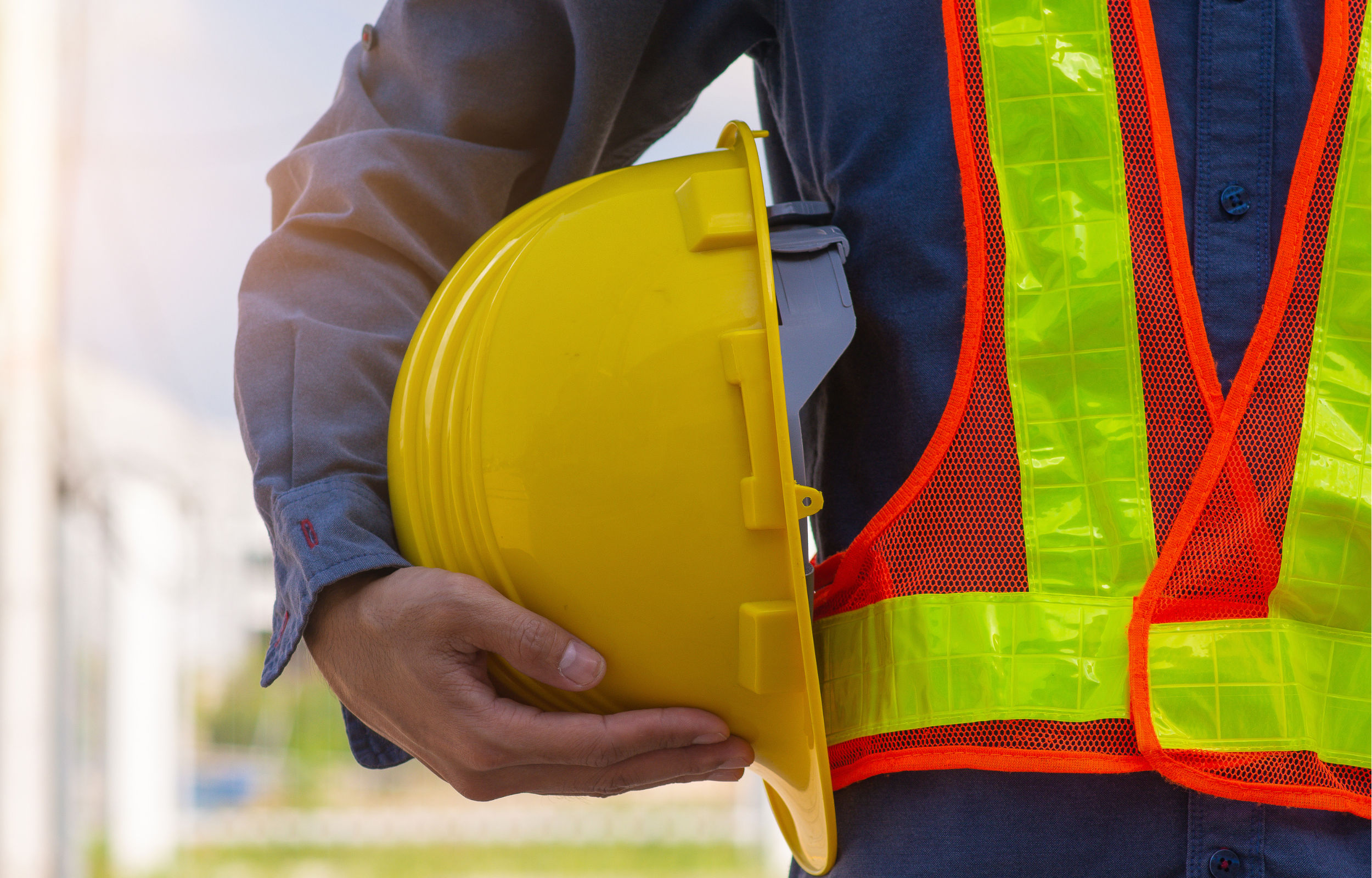Pre-Deposition Construction Litigation Strategies

Anthony Corrado, CHST, LSSM, Certified OSHA Trainer and Construction Safety Expert
Expert witnesses have an invaluable role in the realm of construction litigation. Retaining an expert early in the legal process, particularly before depositions are conducted, is essential for attorneys seeking to fully leverage the expert’s specialized knowledge and insights, which can significantly influence the outcome of a case.
Early Involvement Equals Comprehensive Case Understanding
Ample time to review all pertinent documents, site conditions, and project details provides the expert opportunity to explore all relevant aspects and develop a comprehensive understanding of the case from the start. Along with this thorough case analysis, the expert will identify key technical aspects and potential violations of safety standards, building codes, or best practices. By applying their specialized knowledge to pinpoint the most critical issues, which may not be immediately apparent to the legal team, the expert can help shape the case direction to ensure a robust and targeted legal strategy.
Identifying and Mitigating Weaknesses
Not only will an expert’s unbiased review of the case help to identify its strengths but will also highlight potential vulnerabilities that may not be apparent to the legal team. Understanding concerns such as flaws in site safety management or gaps in worker training early on may prove critical to the case trajectory. Early identification of weaknesses will allow the legal team to address them proactively and prevent surprises during litigation. The expert might also provide specific recommendations to guide a proactive approach, which might involve gathering additional evidence, refining arguments, or even modifying the legal strategy.
Enhanced Deposition Preparation
As with any type of litigation, expert insights on the specific trade or profession involved can help attorneys craft questions that delve deep into technical specifics and uncover hidden details. In a construction safety case, the expert will help formulate questions to reveal gaps in compliance that may have contributed to an accident. These lines of questioning might address whether fall protection systems were correctly installed and used, if hazard communication standards were adhered to, or what specific training workers received on using safety equipment.
Attorneys who do not possess the expert’s level of specialized knowledge often stop their questioning prematurely due to a lack of understanding of trade nuances or the work being performed. In a case involving a construction fall accident, an attorney may begin to ask about safety harnesses but miss the opportunity to probe deeper into the inspection and maintenance of those harnesses, thereby missing critical information that could establish negligence.
Experienced construction safety experts understand common industry practices and the typical defenses used by opposing parties in construction litigation. By sharing this knowledge, the expert helps the attorney anticipate tactics and prepare to counter attempts at undermining their case. For instance, if the opposing party is likely to argue an accident was due to worker negligence, the expert might recommend specific questions to shift the focus back onto the employer’s responsibilities to provide proper safety measures or adequate supervision.
Experts can also assist in framing deposition questions to ensure clear and unambiguous answers, reducing the risk of misinterpretation or confusion during the deposition. They may even suggest questions to help establish the credibility of the testimony provided by witnesses and extract information that directly supports the case, helping to build a comprehensive and compelling narrative.
Strengthening Legal Arguments with Persuasive Expertise
An expert’s assessment and validation of evidence, combined with their ability to explain complex issues and technical concepts in a clear and authoritative manner, can significantly bolster legal arguments. Comprehensive expert reports offer a detailed foundation for the case, providing reliability and relevance to the legal argument with findings presented in a manner that is understandable to the court.
Experts may also provide real-life examples to help identify potential directions of a case. Consider, for example, a case where a construction safety expert was retained to investigate a scaffolding collapse shortly following the incident. Their timely analysis revealed critical safety violations, such as improper erection of the scaffolding and lack of fall protection, leading to a more effective deposition strategy and ultimately, a favorable settlement.
Conclusion
Retaining an expert prior to conducting depositions is a strategic move that can significantly enhance the effectiveness of a construction litigation case. From identifying key strengths and weaknesses for proactive strategies and enhancing deposition preparation, to strengthening legal arguments and persuading the court, the benefits of bringing in an expert early on are clear. By leveraging the specific expertise of a construction safety expert from the outset, attorneys can fully realize their potential value and achieve better case outcomes.
Categories: Anthony Corrado, CHST, LSSM | Construction Safety | Education | SafetyTags: Case Strategy | Deposition | Expert Witness | Litigation | Safety Equipment | Supervision | Workplace Safety


